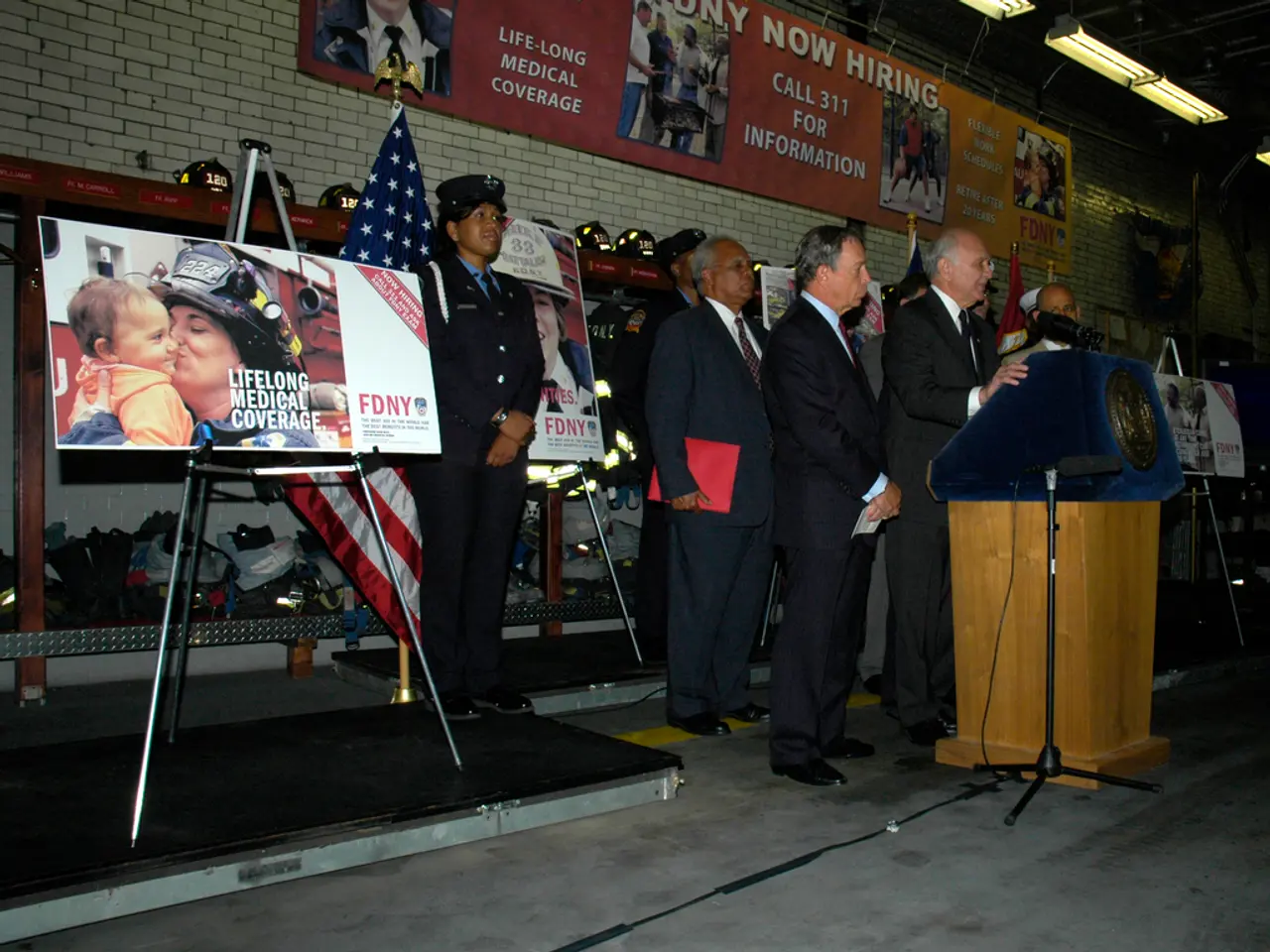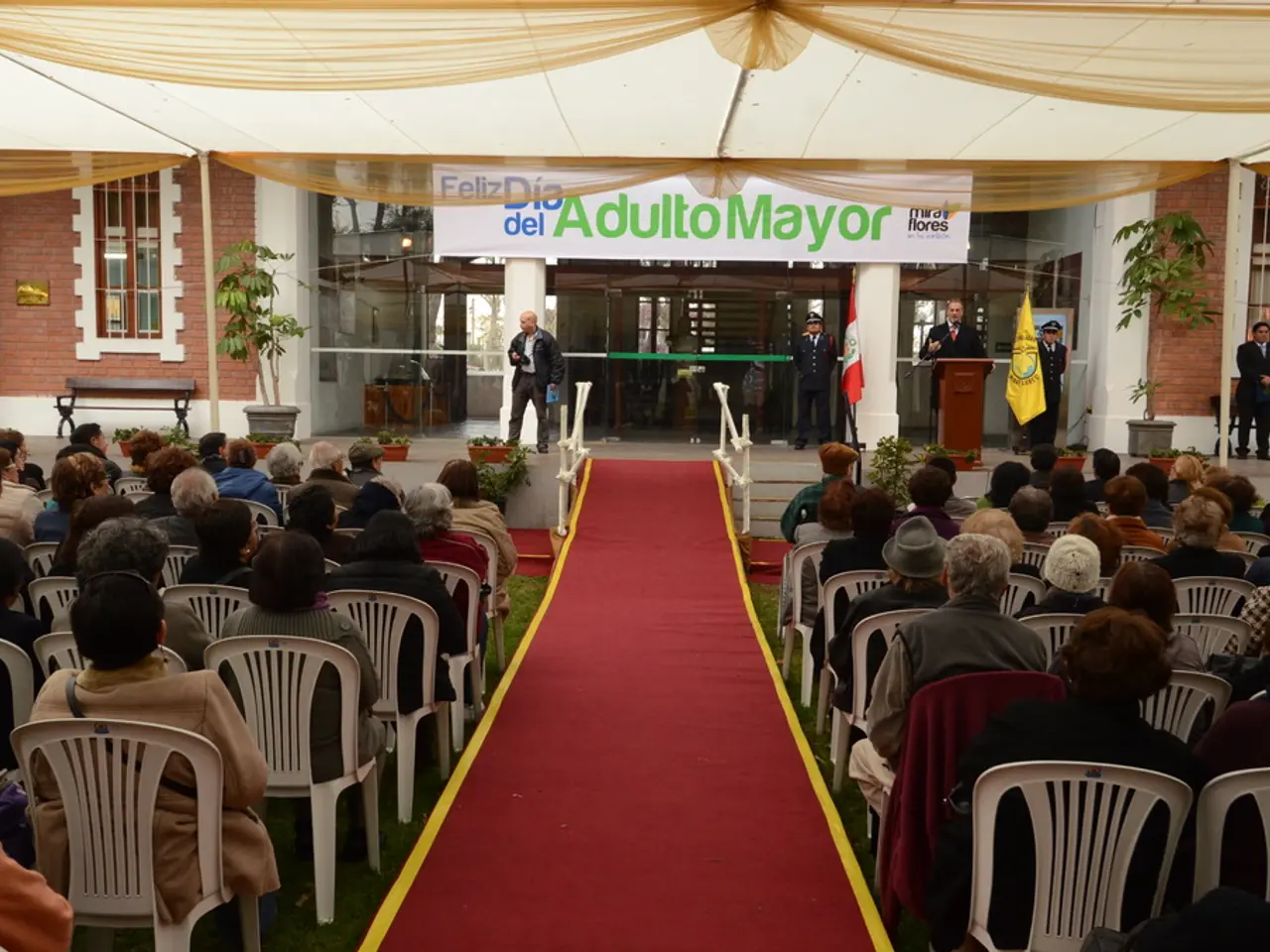Direct, discreet dialogue ensued between Iran and the USA post Israeli aggressions
Let's Talk Iran's Nuclear Program
Iran has shown willingness to compromise on its nuclear program if the U.S. exerts pressure on Israel to cease military actions, as per recent negotiations. The U.S., according to insider reports, was the initial contact, proposing a novel approach to overcome the impasse.
Their vision? A regional consortium tasked with handling uranium enrichment, outside of Iran's borders. This proposal could potentially give Iran access to nuclear fuel while addressing non-proliferation concerns by adding an international dimension to its nuclear program.
This idea isn't brand new. It's modeled after successful multinational projects like Urenco, an enrichment consortium formed by Germany, the Netherlands, and the UK in 1971. The aim is to create a similar entity in the Middle East, hoping it'll reduce proliferation risks and build trust among regional actors by shifting enrichment activities off Iranian soil.
However, experts warn that while a regional enrichment consortium could be part of a broader negotiated solution, it won't solve all the problems associated with Iran's nuclear aspirations. The challenges are significant, ranging from political mistrust, technical complexity to regional security dynamics.
In simple terms, the U.S. is proposing a regional uranium enrichment consortium that'll operate outside Iran. The idea is to balance Iran's nuclear interests with international non-proliferation objectives, but it's still under negotiation and faces several hurdles.
Keep an eye out for upcoming talks in Geneva, where diplomats from France, Germany, the UK, the European Union, and Iran will discuss the nuclear program. Until then, let's see how this unfolds.
Want more details? Here's a quick rundown:
- Iran's Arak Heavy Water Reactor: A facility that, if struck, could impact Iran's nuclear capabilities.
- Israeli Defense Minister's Remarks: Controversial statements about assassinating Ayatollah Khamenei.
- Trump's Attack Plan: A plan approved but not executed due to strategic reasons.
- U.S. Bunker Buster Bomb: A powerful weapon capable of destroying underground structures, but its effectiveness against Iran's nuclear infrastructure remains uncertain.
The proposed regional uranium enrichment consortium, under negotiation, aims to balance Iran's nuclear interests with international non-proliferation objectives, but faces several political, technical, and regional hurdles. In the midst of these discussions, upcoming talks in Geneva will center on Iran's nuclear program, involving diplomats from France, Germany, the UK, the European Union, and Iran. This discourse extends beyond the nuclear program, touching upon war-and-conflicts, policy-and-legislation, and politics, as well as general news related to Iran and its allies.







